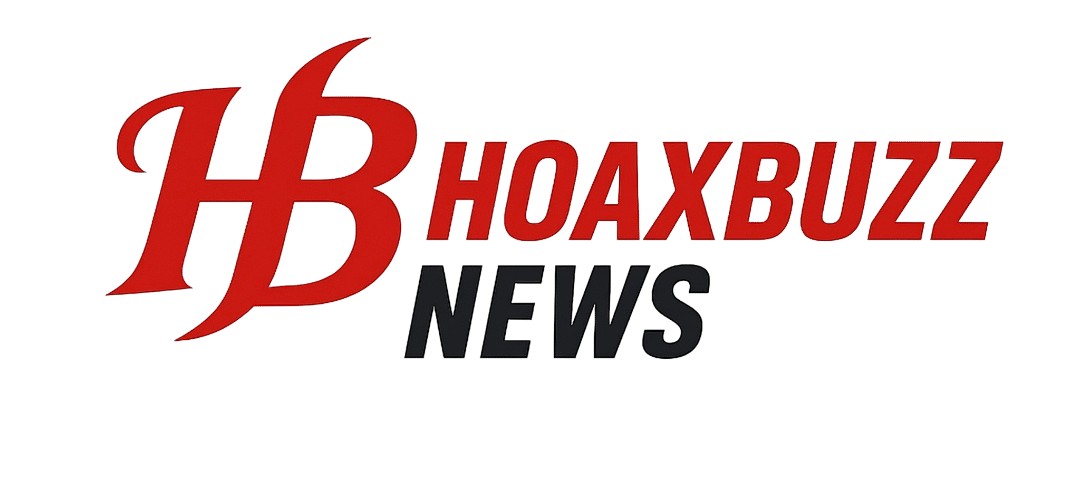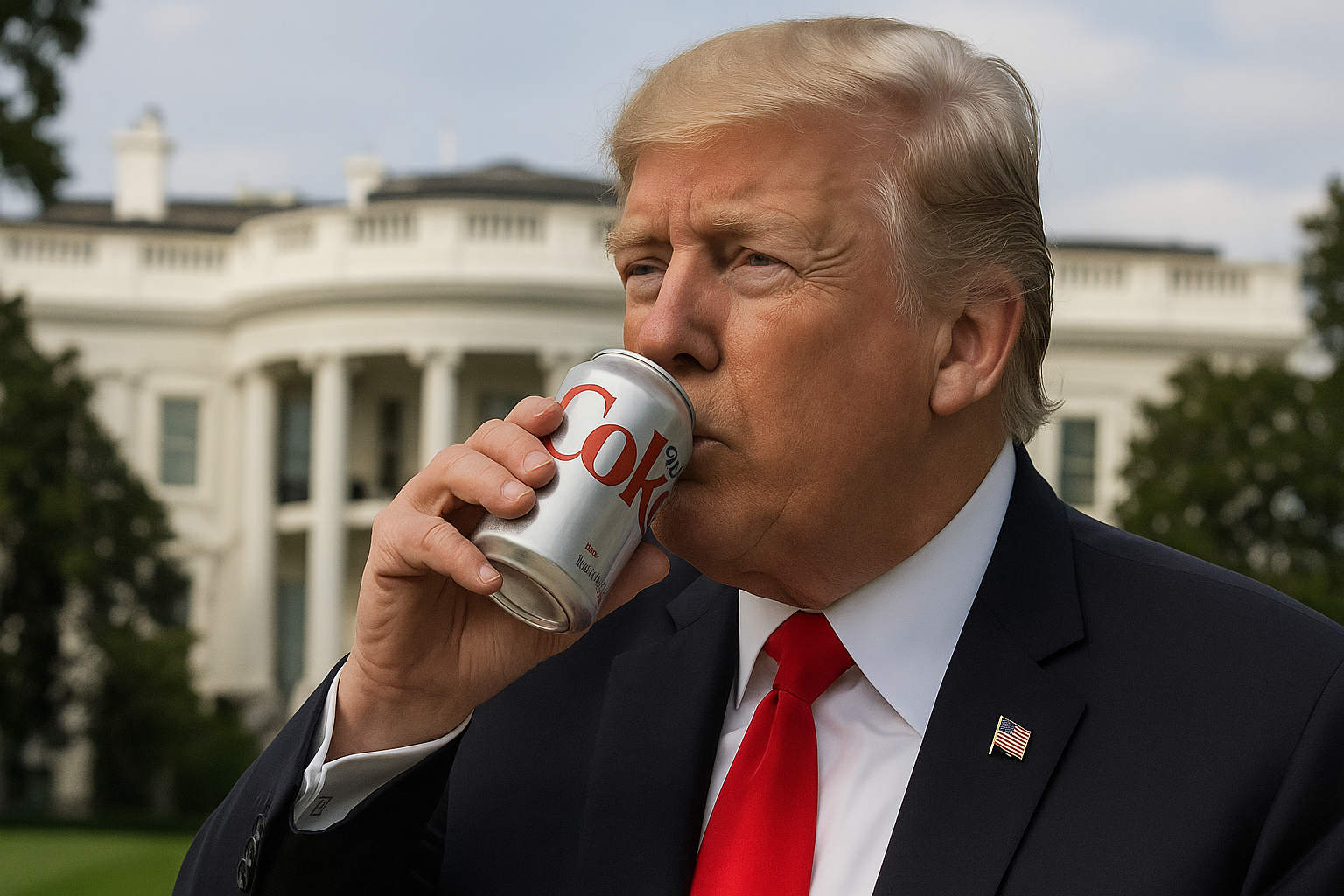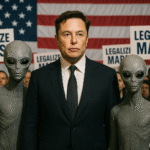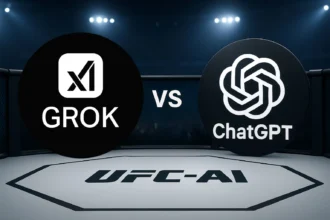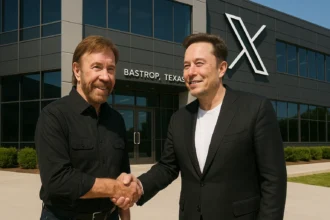In a move that combines the flair of a campaign rally with the flair of a soda aisle, former President Donald J. Trump has declared a new “policy” at the White House: Pepsi is officially banned. Dubbed the “Carbonated Beverage Purity Act,” this decree aims to elevate Coca-Cola, specifically Diet Coke, as the sole fountain beverage of the presidential estate. The announcement, made from the newly renamed “Lincoln Diet Coke Lounge,” has stirred both amusement and confusion across social media and political circles alike. It’s a move that’s as much about branding and symbolism as it is about a humorous display of petty rivalry.
Trump Declares Diet Coke the Only Official Soda in the White House
Trump’s declaration that Diet Coke is now the “Only Official Soda of Presidential Greatness” was delivered with characteristic gusto. During a lively press conference, he emphasized that “no more Pepsi in the People’s House,” asserting that the move reflects “American values — bubbles, loyalty, and fizz with spine.” He described Pepsi as “fake soda,” adding, “Sad!” His tone was as much about making a statement as it was about poking fun at the beverage giant. The scene was set with a backdrop of Coke bottles and a banner proclaiming “Bubbles of Freedom,” making sure the message was loud and clear.
The decree isn’t just symbolic; it’s practical in Trump’s eyes. All staff, guests, and even White House pets are now subject to the new soda regime. Refrigerators, vending machines, and security checkpoints have been cleared of Pepsi, Mountain Dew, and anything with a blue label. Trump ordered that anyone caught smuggling Pepsi be escorted out and added to the “Beverage Watchlist,” a list that’s likely more about social media mockery than actual enforcement. Meanwhile, he also insisted that the fountains dispense Diet Coke exclusively, calling it “freedom juice with zero calories,” a phrase that perfectly captures the playful yet absurd tone of the entire initiative.
The move also has a nostalgic twist. Trump claimed that the Founding Fathers “almost definitely drank Coke,” citing Abraham Lincoln as a “known Diet Coke enjoyer,” despite the beverage’s invention decades after Lincoln’s lifetime. He even speculated that the War of 1812 was “probably about Pepsi,” a historical claim that no reputable historian would support. Nonetheless, his assertions added a layer of humorous historical revisionism to the spectacle. The entire stunt seems less about beverage preferences and more about creating a presidential legacy that’s as bubbly as the soda itself.
Pepsi Banned in Petty Move, Trump Declares Fizz as American Value
In response to Trump’s soda spectacle, PepsiCo wasted no time in firing back with a short, passive-aggressive tweet: “We weren’t trying to be invited anyway.” The company’s reply was as dismissive as it was pointed, hinting that they were unbothered by the presidential soda spat. Not to be outdone, Pepsi launched a rival campaign titled “Fizz for the People,” which Trump dismissed as “a desperate soda coup.” It’s a playful yet pointed contest that underscores how soda battles have turned into cultural commentary.
The whole saga highlights how even something as trivial as beverage choices can become a symbol of broader cultural and political tensions. Trump’s declaration, while humorous, echoes the ongoing debates about American identity, loyalty, and the symbolism we attach to brands. Pepsi’s witty retort and new campaign show how corporate rivals can turn petty disputes into compelling narratives, even if just for laughs. Whether it’s Diet Coke’s “greatness” or Pepsi’s “Fizz for the People,” this soda showdown is more than a refreshment war — it’s a reflection of how America can turn even the simplest things into moments of satire and spectacle.
In the end, whether the White House is filled with the crisp crack of Diet Coke or the blue-label rebellion of Pepsi, one thing remains clear: when it comes to soda, politics and branding are just bubbles waiting to pop.
